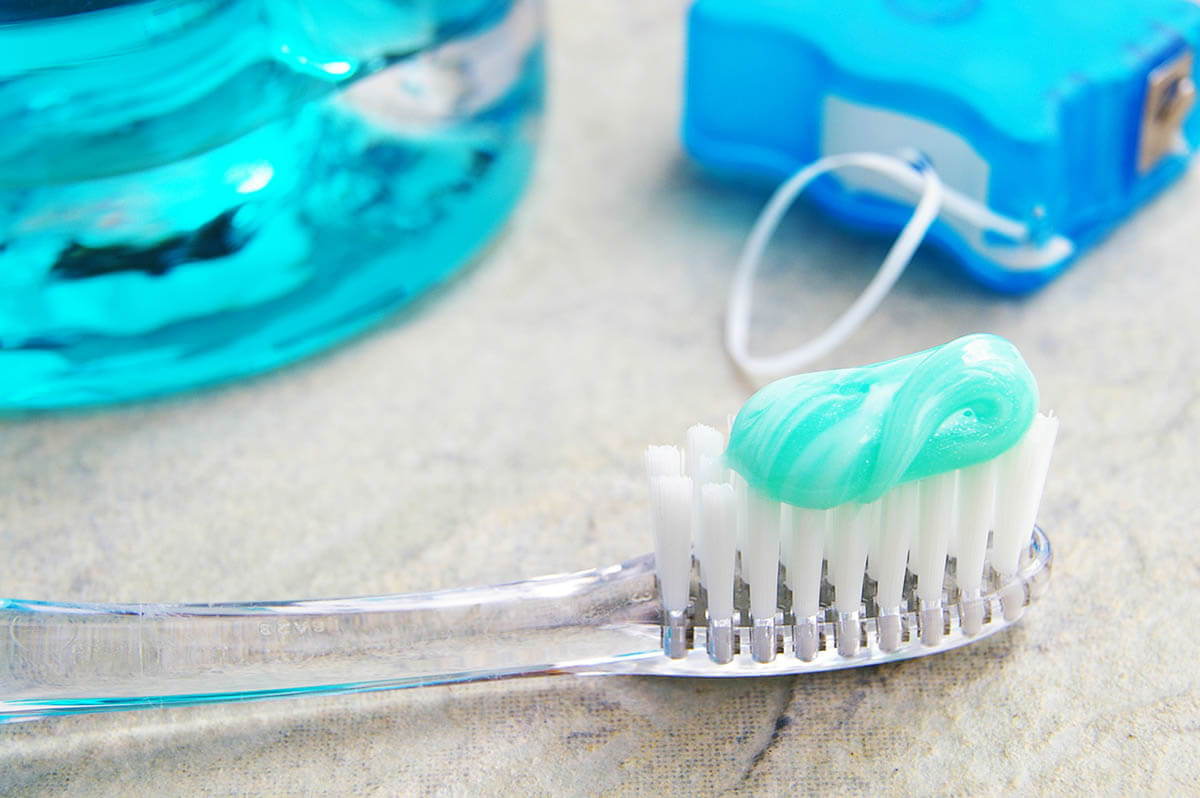For many of us, the day begins at the bathroom sink, brushing and flossing our teeth. However, have you ever stopped to wonder why? The answer lies in a six-letter word: plaque. Brushing and flossing are the essential habits to develop when you’re learning how to prevent plaque build-up.
Plaque build-up creates a series of problems that go beyond the health of your mouth. Plaque is a factor in cardiovascular health and aspects of well-being.
Additionally, while awareness is increasing, more people still need to learn how to prevent plaque build-up. The World Dental Federation estimates that 15 to 20 percent of adults worldwide between the ages of 35 and 44 are battling gum disease.
What is Plaque?
First, a little background: plaque is a “sticky, colorless film” that forms as you eat. As you chew, the food particles you create mix with natural bacteria to produce an acid.
The acid causes two problems: First, it destroys the protective enamel around teeth. However, it also forms into a thin film that adheres to and discolors your teeth, causing discoloring and other problems.
Plaque causes cavities and a host of other problems such as gum disease. The signs of advanced gum disease include:
- Persistent bad breath
- Red and painful gums
- Gums that are receding
- Pain when chewing
- Loose teeth
Over the long term, you can lose teeth to decay. Gaining knowledge about how to prevent plaque build-up is vital in stopping that from happening.
Why is Dental Plaque Harmful?
Plaque build-up can cause bad breath, cavities, and gum disease issues. It also accelerates tooth decay, which can require expensive and painful dental work and maybe even lead to losing teeth for good. However, it can get a lot worse.
Individuals with gum disease face a higher likelihood of heart attack or other cardiovascular problems. The working theory is that gum disease increases inflammation and forces the body to work overtime, contributing to conditions such as hardening of the arteries.
While experts say there is no direct link between plaque build-up and heart problems, the evidence is substantial enough to be on the minds of many dentists in encouraging patients to take proactive measures against gum disease.
How to Prevent Plaque Build-up
Developing proper habits for good dental health requires only commitment from you to doing the right things. These habits include:
- Brushing at least twice a day – morning and night.
- Using a fluoride toothpaste and a soft brush. Go electric if you can.
- Learning to brush your teeth properly
- Keeping your brush exposed to open air to avoid the growth of bacteria
- Flossing regularly
- Eating well – limit sugary and starchy foods
- Regular visits to your dentist
On Your Side
When you’re wondering how to prevent plaque build-up, you should know that you’re not alone. Getting help from an exceptional dental team can help you to manage your oral health. We can also demonstrate proper techniques and answer any questions you may have. Moreover, if you have any existing problems that come from poor oral hygiene practices, we can help you fix them. In addition, we can show you how to prevent further problems in the future. When you choose South High Dental, you have a team of allies on your side, ready to make your smile beautiful and strong.
South High Dental can show you how to make your smile worth smiling about. Our practice has more than 30 years of dentistry experience. We offer a full portfolio of services, from dental crown options and veneers to orthodontics and emergency dental services. Contact us at 614.363.2462 for an appointment or fill out our online form. Your teeth will thank you.







